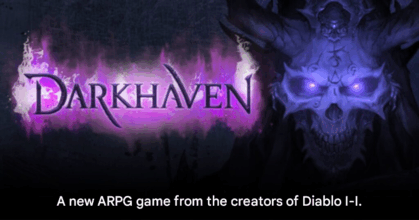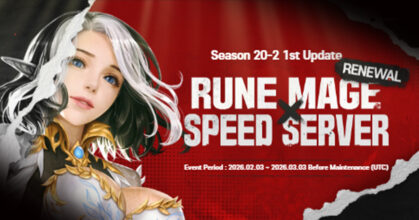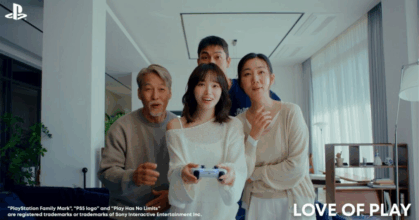Ubisoft Says It Won the Battle Against Assassin’s Creed Shadows Backlash

In a recent presentation at Paris Game Week, Ubisoft revealed how it managed to navigate the backlash surrounding Assassin’s Creed Shadows by shifting its strategy and reaffirming its faith in the franchise’s core brand.

After the announcement of the game, the studio found itself facing intense criticism including accusations of focusing on ideology rather than gameplay when it was revealed that one of the co protagonists would be the historical Black samurai Yasuke. According to CEO Yves Guillemot the company reached a turning point in September 2024 when it realised that trying to win every argument online was draining their energy. Instead Ubisoft decided to redirect its efforts toward fans who were already supportive and passionate about the series.
The video shown at the event described this approach as moving from promises to proof by launching deep gameplay reveals, opening doors to creators, media and fans, and giving unprecedented access to development assets. Ubisoft described how thousands of assets were produced in weeks for hands on previews and how they leaned into the franchise identity that has thrived for eighteen years rather than try to appease every detractor.
The studio delayed the game to gain more polish and optimization time and used that interval to build positive momentum with its community. From the perspective of gamers across Southeast Asia and global markets the shift is notable. It shows how a major AAA publisher responded to culture war style backlash not by abandoning its vision but by reinforcing its legacy and inviting its true audience into the story. It may also offer lessons about how game developers manage reputational risk in the age of vocal criticism.
While some observers will still question the results the company’s willingness to admit mistakes and pivot strategy suggests a more mature approach to modern game launches. For now, Ubisoft believes it has “won the battle” against the criticism and is focused on proving that Assassin’s Creed Shadows is first and foremost a video game, not a statement.
ORIGIN: videogameschronicle
THIS IS our take
When a large publisher admits that it lost time trying to argue with critics and instead chose to amplify supporters, it signals a shift in how games will be marketed and developed. For players in Southeast Asia this means we can expect more games that lean into community energy and gameplay substance rather than simply responding to outrage.





